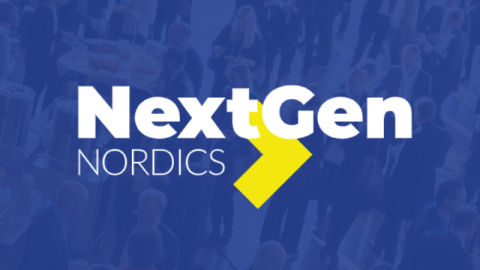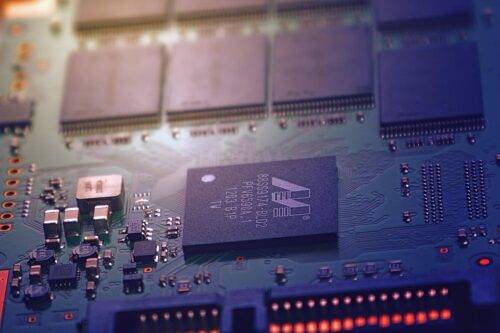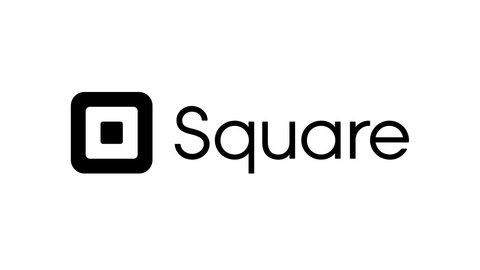
Similar Posts

Bank of Israel Reveals Innovative Design for Future Digital Shekel
The Bank of Israel has been exploring a Central Bank Digital Currency (CBDC) since 2017, recently unveiling a potential design for a digital shekel (DS), marking significant progress. While an official launch is yet to be confirmed, the digital shekel aims to facilitate retail and wholesale transactions for various users, including children, tourists, businesses, and public institutions. Key features include instant payments, offline capabilities, cost efficiency, and interoperability with other payment systems. The Bank encourages private sector involvement for innovative solutions while emphasizing the need for preparation and knowledge-sharing within the ecosystem.

Cedar Money Secures $9.9M to Revolutionize Stablecoin Payment Solutions
Cedar Money, founded in 2022, is transforming cross-border payments by integrating blockchain technology and stablecoins, challenging traditional banking systems like Swift. The company adopts a compliance-first approach, facilitating secure and regulated money transfers, particularly benefiting users in emerging markets. Key features include faster transaction times and lower fees compared to conventional banking methods. Supported by notable investors, Cedar Money aims to enhance the efficiency of the global financial system while ensuring a fully compliant user experience. Gbenga Ajayi of QED Investors highlights Cedar Money’s potential to address the inefficiencies in cross-border payments effectively.

Breaking Through Barriers: How Blockchain is Revolutionizing the Stalled Fintech Landscape
Blockchain technology is emerging as a pivotal force in fintech, transforming finance and transactions amid challenges faced by traditional systems. Over the past 15 years, fintech has grown significantly, led by platforms like PayPal and Venmo, but venture capital investment has plummeted from over $140 billion three years ago to just $25 billion in 2023. Blockchain simplifies complex processes in finance by eliminating the need for user data collection and providing a public ledger, allowing smaller teams to innovate efficiently. Decentralized exchanges like Uniswap exemplify this potential. As traditional finance evolves, blockchain stands as a foundation for future innovations.

Exploring CBDCs vs. Traditional Banking: Join the NextGen Nordics Discussion!
Central Bank Digital Currencies (CBDCs) have transformative potential for global finance, especially in underserved regions. In Nordic countries, CBDCs promise seamless integration of digital services, reduced barriers to access, and streamlined payments by cutting intermediaries, resulting in faster transactions and lower fees. With government backing, CBDCs offer stability compared to private cryptocurrencies, enhancing financial security. As cash usage declines, CBDCs could disrupt traditional banking but also present opportunities for banks to adapt by providing value-added services. Events like NextGen Nordics foster crucial discussions on CBDCs, shaping the future of digital currencies and payments.

Unlocking DeFi Opportunities: How Trade Wars Propel Decentralized Finance Forward
The global economy’s trade tensions are creating volatility in the crypto market, with Bitcoin recently dropping below $100,000 following President Trump’s tariff announcements. While trade disputes pose challenges for cryptocurrencies, they may be less harmful than for traditional financial systems, according to Leo Mindyuk of ML Tech. Tariff wars increase market instability, disrupt crypto mining due to inflated production costs, and lead to stricter regulatory scrutiny. However, these challenges could spur interest in decentralized finance (DeFi) as users seek alternatives to traditional banking. Investors and policymakers must stay vigilant about the interplay between geopolitics and digital assets.

